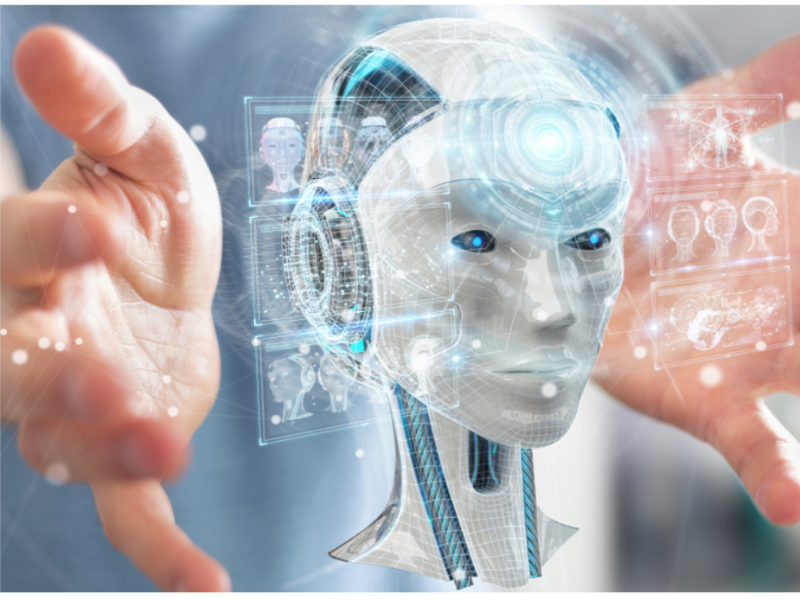- The development of AI is a tale of collective effort, with numerous scientists, engineers, and researchers from around the world contributing to its progress.
- Alan Turing proposed the famous ‘Turing Test’ and explored whether machines could exhibit intelligence similar to that of humans.
Artificial Intelligence (AI), has evolved from theoretical concepts to a technology that is integral to modern society. The development of AI is a tale of collective effort, with numerous scientists, engineers, and researchers from around the world contributing to its progress. This article aims to trace the origins and key milestones in AI’s history, highlighting the individuals and moments that have shaped this transformative technology.
Early beginnings
The development of Artificial Intelligence (AI) dates back to the 1940s and 1950s and was driven by a number of scientists.
- Alan Turing also made important early contributions to AI. In his 1950 article “Computing Machines and Intelligence”, he proposed the famous ‘Turing Test’ and explored whether machines could exhibit intelligence similar to that of humans. In addition, Turing is also known for his work on Turing is also known for his work in breaking German code machines during World War II.
- Marvin Minsky, along with McCarthy, initiated the Dartmouth Conference in 1956 and first introduced the concept of “artificial intelligence” at the conference. They also created the world’s first artificial intelligence laboratory and developed the alpha-beta pruning algorithm and the LISP programming language
- Other key figures included Warren McCulloch, who proposed the neuron model during the war, and Walter Pitts, whose work laid the theoretical foundations for later AI research. Claude Shannon, the founder of information theory, was also instrumental in the early development of AI.
Also read: The AI revolution: transforming data into insights
Milestones in AI development
As the 20th century progressed, AI research expanded, with several significant developments:
- Early AI programmes: Programmes such as ELIZA and SHRDLU demonstrated early AI’s capacity for understanding and responding to natural language.
- Expert systems: The 1970s saw AI applied in specific domains with the development of expert systems like MYCIN in medicine and XCON in engineering.
- Machine learning: The latter part of the 20th century witnessed the emergence of machine learning, with foundational work by researchers including Michael I. Jordan and Yann LeCun.
The modern era of AI
The 21st century has been marked by remarkable advancements in AI:
- Deep learning: Innovations in neural networks have been pivotal, with contributions from researchers such as Geoffrey Hinton, enabling AI to perform tasks like image and speech recognition.
- AI in daily life: AI is now a part of everyday life, evident in virtual assistants like Siri and Alexa, as well as in the development of autonomous vehicles.
- Global collaboration: AI’s evolution is a truly international effort, involving contributions from tech giants, startups, and academic institutions worldwide.
Also read: Why artificial intelligence is important in the modern world
Challenges and ethical considerations
As AI advances, it also presents a range of challenges:
- Ethical issues: Concerns about privacy, algorithmic bias, and the potential misuse of AI are increasingly pertinent.
- Impact on employment: The effect of AI on the job market and the displacement of jobs is a significant concern.
- Regulatory needs: Striking a balance between fostering innovation and ensuring safety and fairness through regulation is a complex challenge.
AI is the result of decades of collaborative work, with contributions from many. It is a field rich in history and marked by the efforts of numerous individuals. As we look to the future, it is crucial to recognise the contributions of the past and to consider the implications of AI’s ongoing development with care and responsibility.

